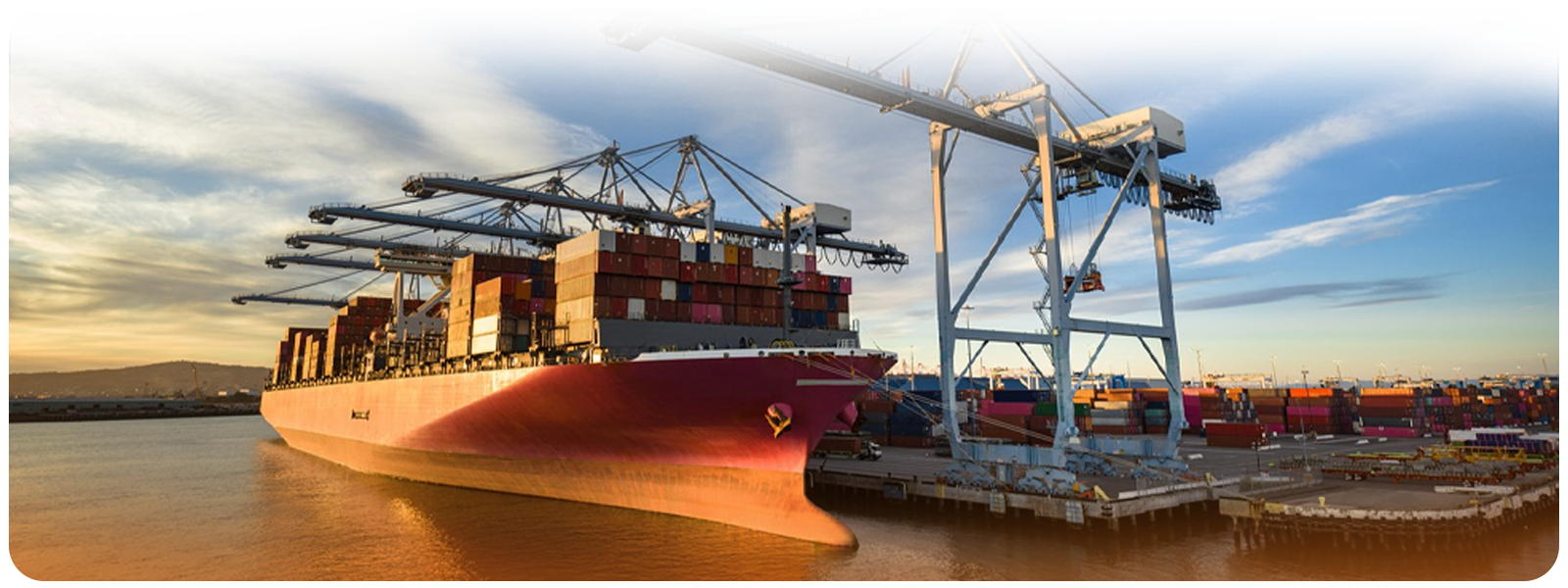
Why Freight Forwarding Services Are Crucial for Global Expansion
When businesses start thinking about expanding globally, they’re often met with a slew of challenges. From navigating international regulations to ensuring timely deliveries, the logistics of managing shipments across borders can be a logistical nightmare. One of the most important aspects that can make or break the success of any international expansion is having the right freight forwarding services in place.
But why is freight forwarding so critical for global expansion? Well, let me walk you through some of the key reasons, drawing from my experience in the logistics world.
Understanding Freight Forwarding
Freight forwarding is a service that allows businesses to transport goods across international borders efficiently and cost-effectively. While it sounds simple, the reality is far more complex. Freight forwarders handle everything from customs clearance, documentation, shipping, and even the final delivery of goods. They essentially act as intermediaries between your business and all the various entities involved in international shipping.
Personal Experience with Freight Forwarding
I remember when I was first involved with a global expansion project for one of my companies. We were looking to ship products from the U.S. to Europe, and I quickly realized that international shipping isn’t as simple as throwing a box on a plane or ship. There are tons of documents to fill out, tariffs to consider, and customs regulations to follow.
That’s when we turned to freight forwarding services. Having the right partner in place meant that we could focus on growing the business, while they handled the heavy lifting of moving our goods internationally.
The Benefits of Freight Forwarding for Global Expansion
Expanding globally requires businesses to consider several logistical aspects. By using freight forwarding services, you can streamline much of this complexity and ensure smoother operations. Here are some key benefits:
1. Access to a Global Network of Partners
Freight forwarders have a vast network of agents, warehouses, and shipping companies. When you’re expanding internationally, the last thing you want is to start from scratch when it comes to finding reliable partners in different countries. With a good freight forwarder, you’re tapping into their global connections and expertise.
I recall how having an established network was a game-changer for us. We were able to access more competitive shipping rates, connect with local customs agents, and secure faster delivery times—all of which helped our expansion efforts tremendously.
2. Expertise in International Regulations
If you’ve ever tried to navigate customs regulations, you know how tricky it can be. Each country has its own set of rules regarding taxes, duties, and restricted items. A freight forwarder specializes in understanding these regulations and ensures that your shipments comply with local laws. This not only saves time but also prevents costly delays or fines.
When we first started shipping internationally, we ran into some complications with paperwork and import duties. Our freight forwarder was quick to identify and resolve these issues, allowing us to continue expanding without hitting roadblocks.
3. Cost Efficiency and Budget Control
Shipping internationally can be expensive, and without the right strategy, those costs can quickly spiral out of control. Freight forwarders are experts at optimizing shipping routes and finding the most cost-effective solutions for your business. They know how to navigate different shipping options and modes (air, sea, land), which allows them to balance speed and cost to meet your needs.
One of my fondest memories was when a freight forwarder helped us save over 30% on shipping costs by switching our shipping method from air freight to ocean freight for certain items. It was a small tweak, but it made a significant impact on our bottom line.
How Freight Forwarding Services Simplify the Process

Now that we know why freight forwarding services are essential, let’s dive into how they simplify the entire shipping process.
1. One Point of Contact
When you’re managing international shipments, you’re usually dealing with multiple parties: customs agents, shipping carriers, port authorities, etc. Freight forwarders consolidate these multiple interactions into a single point of contact, making it much easier for businesses to manage their operations.
Imagine having to call five different companies just to get a shipment from point A to point B. That would be a logistical nightmare, right? Freight forwarders handle this by acting as the central hub for all communication.
2. Full Documentation Management
Shipping internationally requires a lot of paperwork, including invoices, bills of lading, certificates of origin, and more. If you miss just one document, your shipment could get delayed or even rejected. Freight forwarders manage all the necessary documentation for you, ensuring that everything is in order.
I’ve personally witnessed how freight forwarders have saved us from potential delays. Once, we almost missed a deadline for submitting the necessary customs clearance paperwork. Our freight forwarder caught the issue just in time, and our shipment was cleared without a hitch.
“If you're unfamiliar with how this process unfolds, check out our step-by-step guide to freight forwarding to understand how each stage is handled.”
3. End-to-End Shipping Solutions
From packaging to delivery, a reliable freight forwarder offers comprehensive solutions for every stage of the shipping process. They can even help with warehousing and inventory management, which is a massive bonus for businesses that need a safe place to store goods before they’re shipped out.
During a peak season for one of my companies, we had a rush of orders to fulfill. Our freight forwarder provided not only the shipping services but also offered temporary storage for some of our goods. This helped us manage inventory more effectively and keep our customers happy.
Finding the Right Freight Forwarder for Your Business
While it’s clear that freight forwarding services can provide immense value to businesses expanding globally, finding the right partner is key to reaping these benefits. Here are some factors to consider when choosing a freight forwarder:
1. Reputation and Experience
It’s essential to work with a freight forwarder that has a strong track record and a deep understanding of the industry. Look for reviews, case studies, and recommendations from other businesses in your niche.
2. Services Offered
Make sure the freight forwarder offers the specific services you need, whether it’s air, sea, or land transportation, or specialized services like warehousing or customs clearance.
3. Technology and Transparency
A good freight forwarder should use up-to-date technology to track shipments in real-time and provide transparent reporting. This allows you to stay informed about your shipment’s status at all times.
Media Suggestions

1. Infographic: "The Global Shipping Process Explained"
Create an infographic that visually represents the various stages of the freight forwarding process. From picking up goods to delivering them internationally, this can help demystify the logistics process for your readers.
2. Case Study Video: "How Freight Forwarding Helped Us Scale Our Business"
A short video where you (or a guest speaker) discuss your personal experience with freight forwarding services can help humanize the topic and make it relatable to your audience.
3. Interactive Shipping Cost Calculator
Provide a simple tool where readers can input their shipment details (origin, destination, weight, etc.) and get an estimated shipping cost. This can drive engagement and provide practical value to your audience.
Conclusion
Global expansion is an exciting yet daunting process, but with the right freight forwarding services in place, it becomes a lot more manageable. These services streamline logistics, save costs, ensure compliance, and allow businesses to focus on what really matters—growing the business.
If you’re looking to expand internationally, consider leveraging freight forwarding services as an essential part of your strategy. Trust me, it will save you time, money, and a whole lot of stress in the long run.


